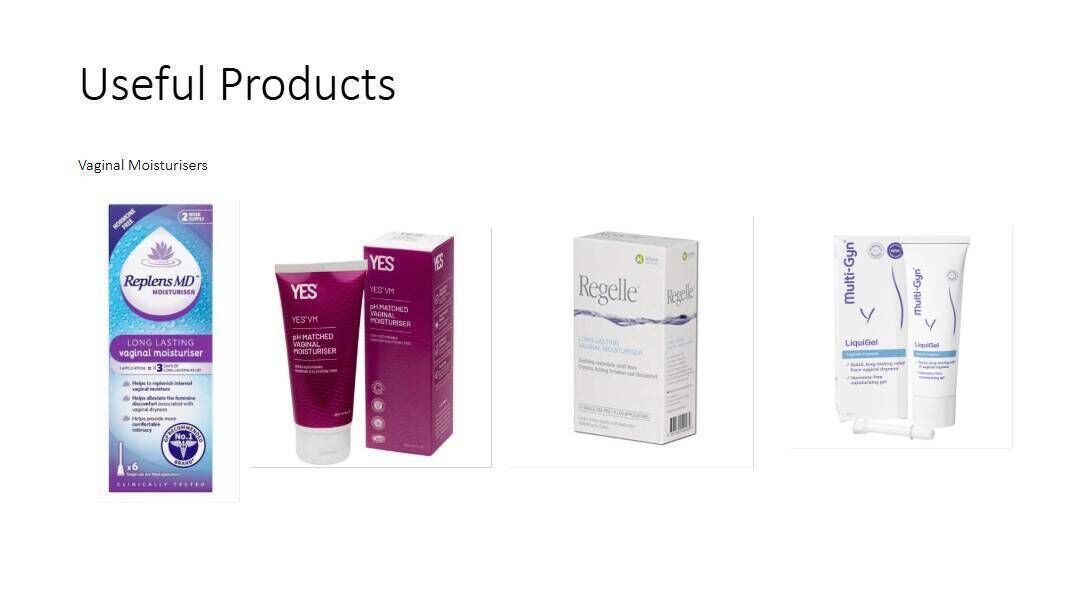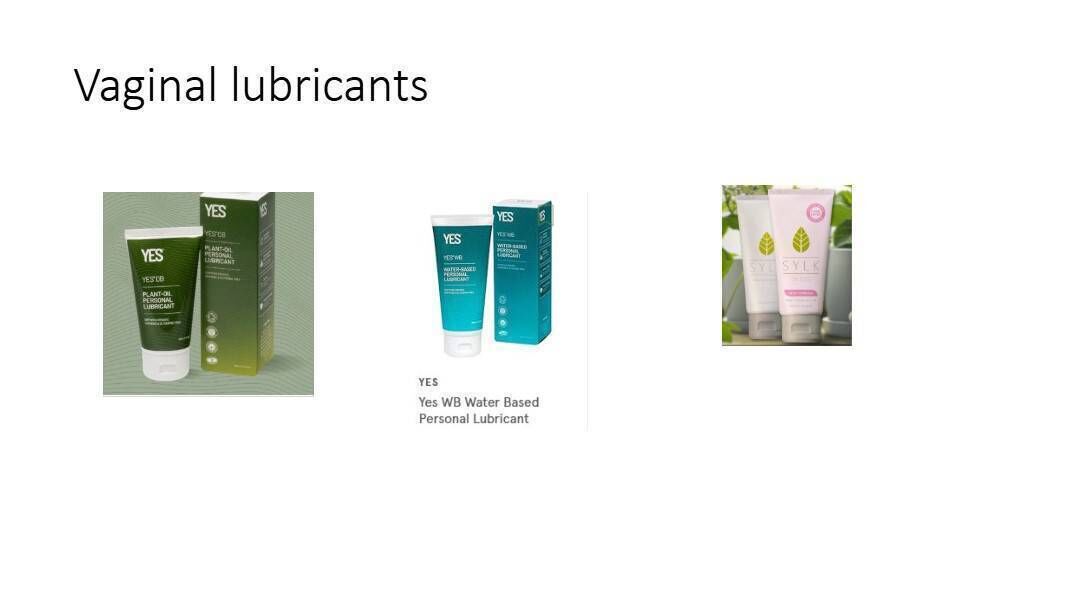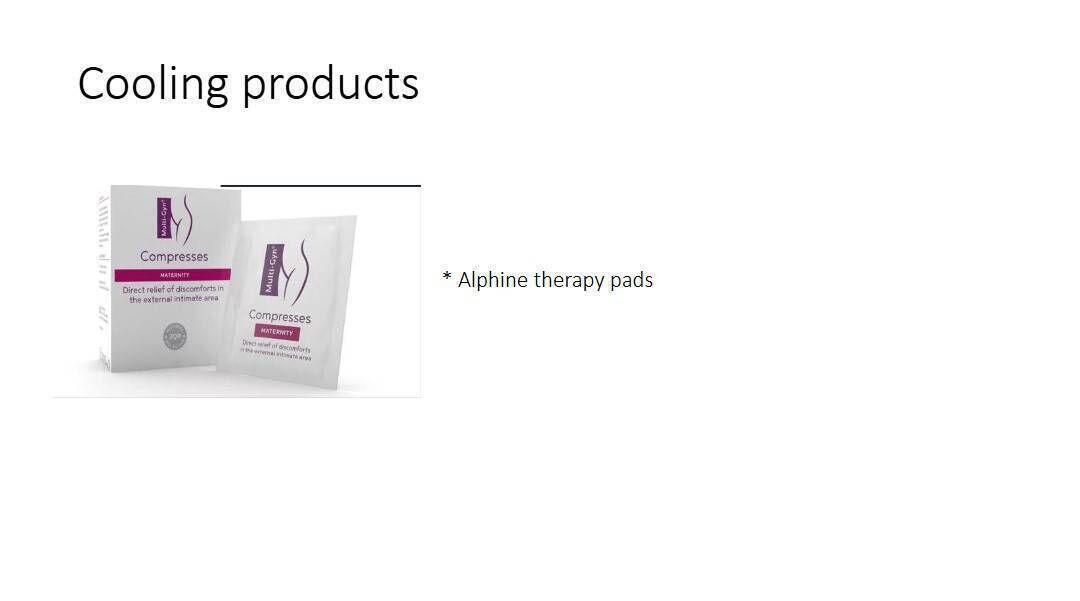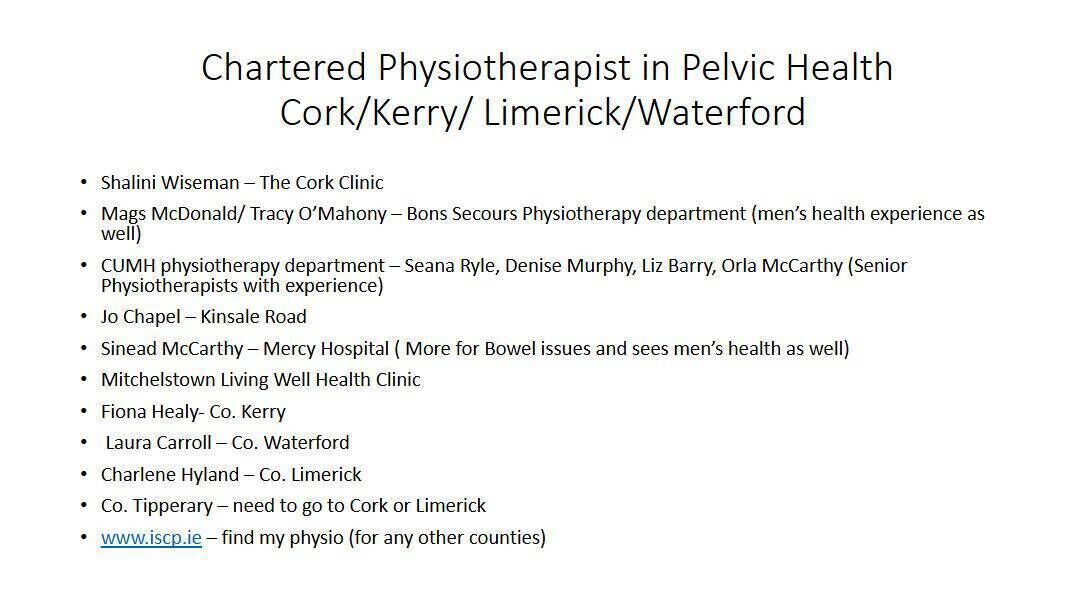Feelgood's Coffee and Conversation: 'When we invest in women’s health, everyone benefits'
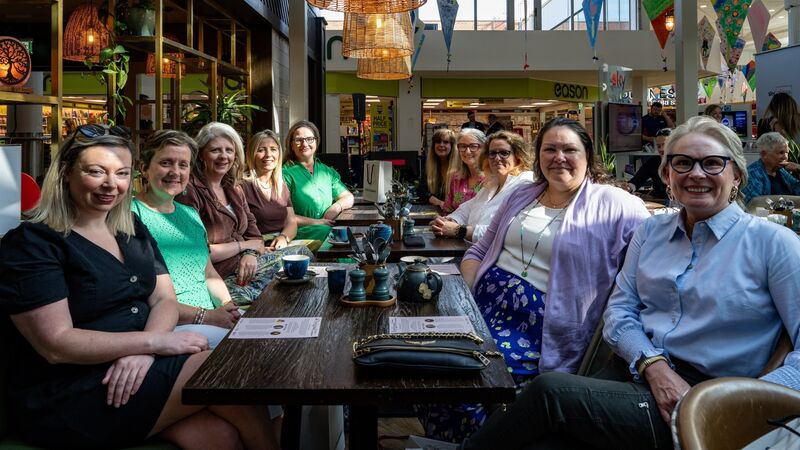
Guests mingling at the Feelgood Coffee and Conversation morning hosted at Here’s Health Café in Douglas Court Shopping Centre. Picture: Chani Anderson.
People settled into Here’s Health Café at Douglas Court Shopping Centre on Thursday morning for a relaxed morning of chats, insights, and expert advice on making health and wellbeing a daily priority.
The Coffee and Conversation event saw Feelgood editor Irene Feighan and Lifestyle editor Esther McCarthy share their tips, listen to women’s experiences, and answer questions, alongside special guest Shalini Wiseman, a pelvic health physiotherapist.
Wiseman, who is a member of the UK's Pelvic Obstetrics and Gynaecological Physiotherapy Association and delivers pelvic health education to women, GPs, and healthcare professionals in both Ireland and India, spoke openly and informatively about women's health.
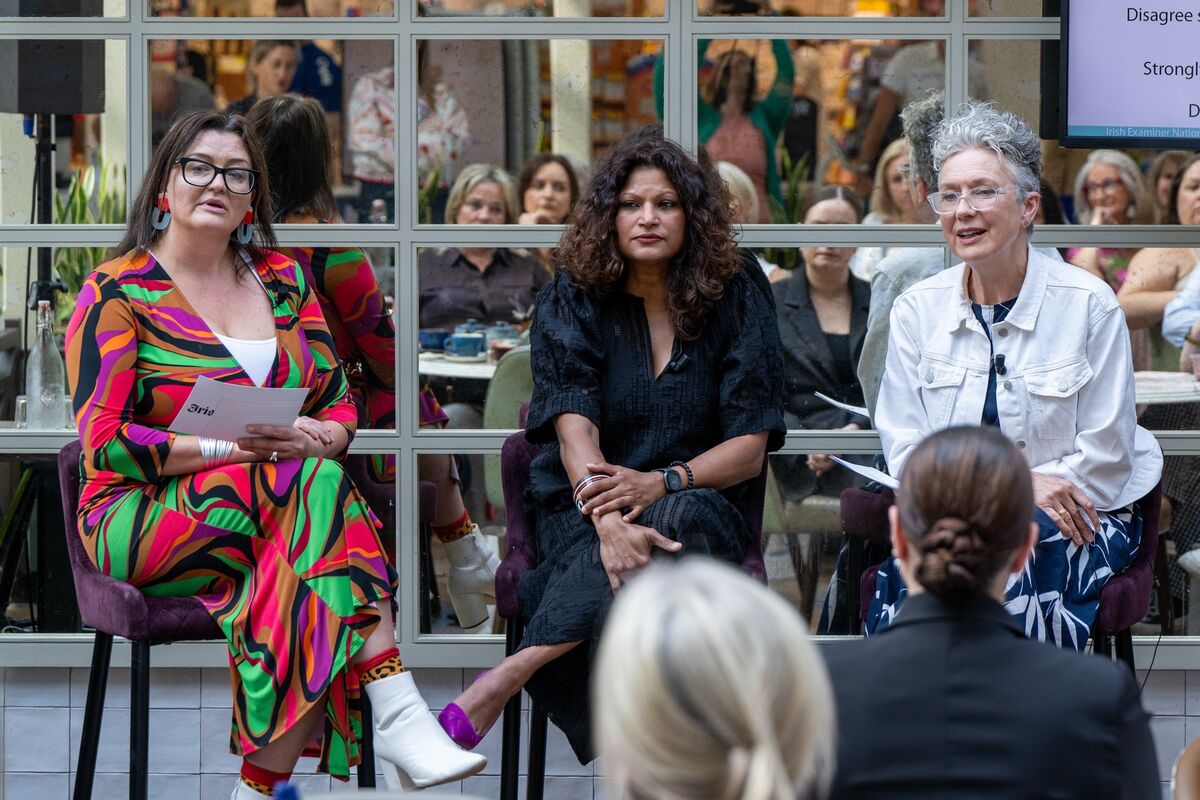
She spoke about the symptoms of perimenopause and menopause, what to look out for and how women can take control of their sexual health.
Wiseman also acknowledged the challenges women can face when accessing healthcare.
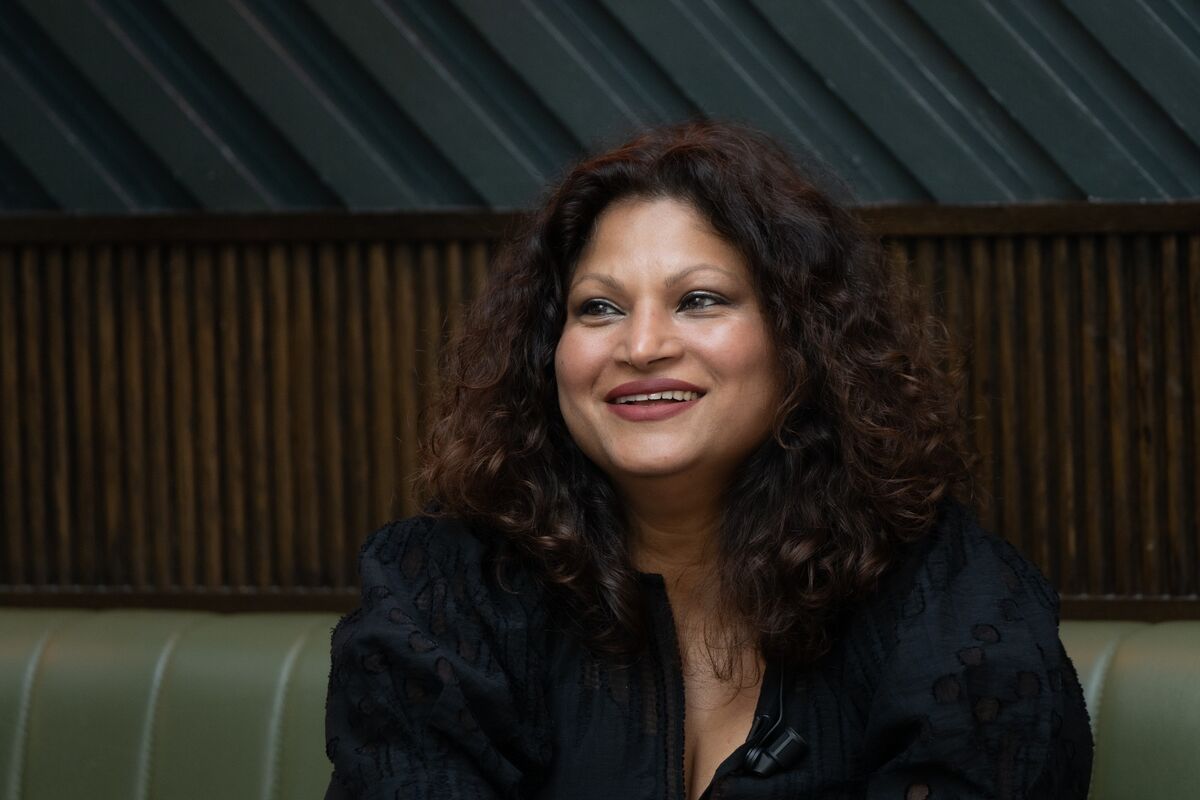
She spoke about the importance of choosing a GP who specialises in menopause, but highlighted the high cost of private consultations as a barrier for many women.
She suggested a government subsidy for private healthcare to alleviate the burden on the health service, noting that 50% of the population will need to address menopause-related issues, making it a significant public health concern.
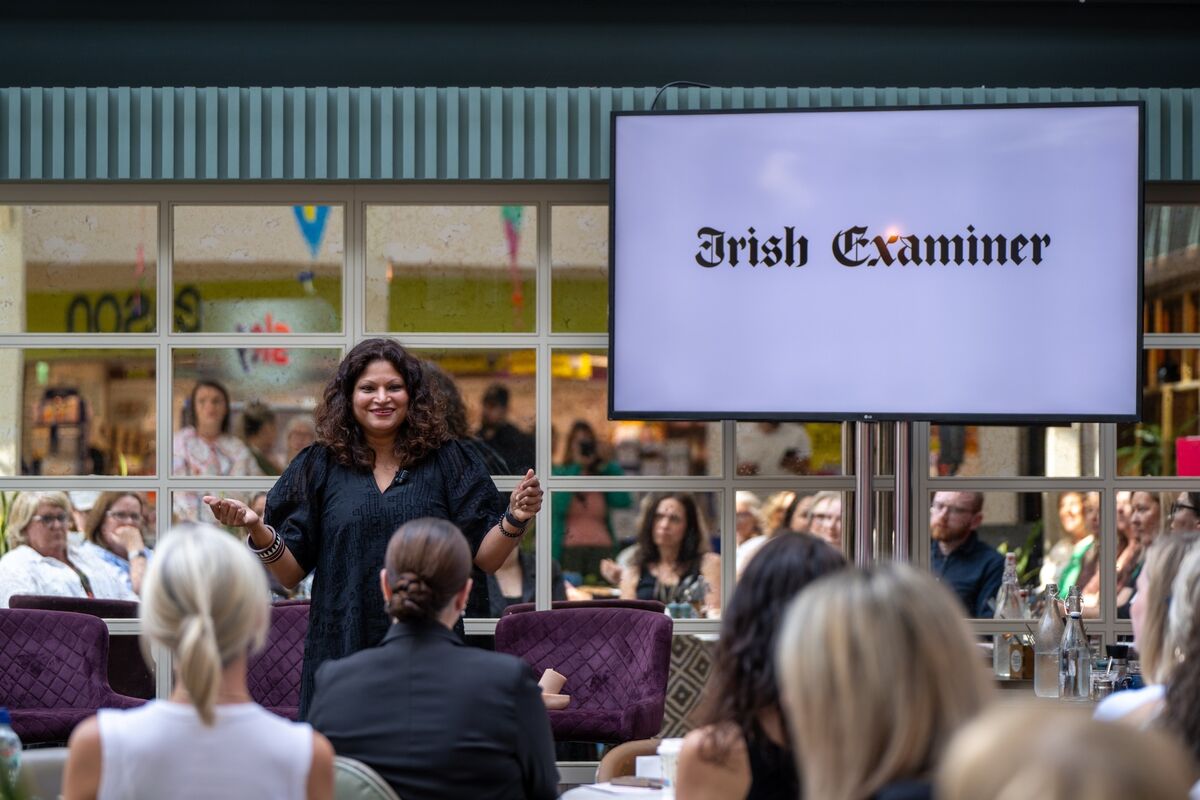
“It's good to go to a GP who specialises in menopause. So they need to have an accreditation from the British Menopause Society,” she said.
“The problem with private healthcare is that some of us might be much more privileged than others. Not everyone has €250 to spare [for a private consultation].
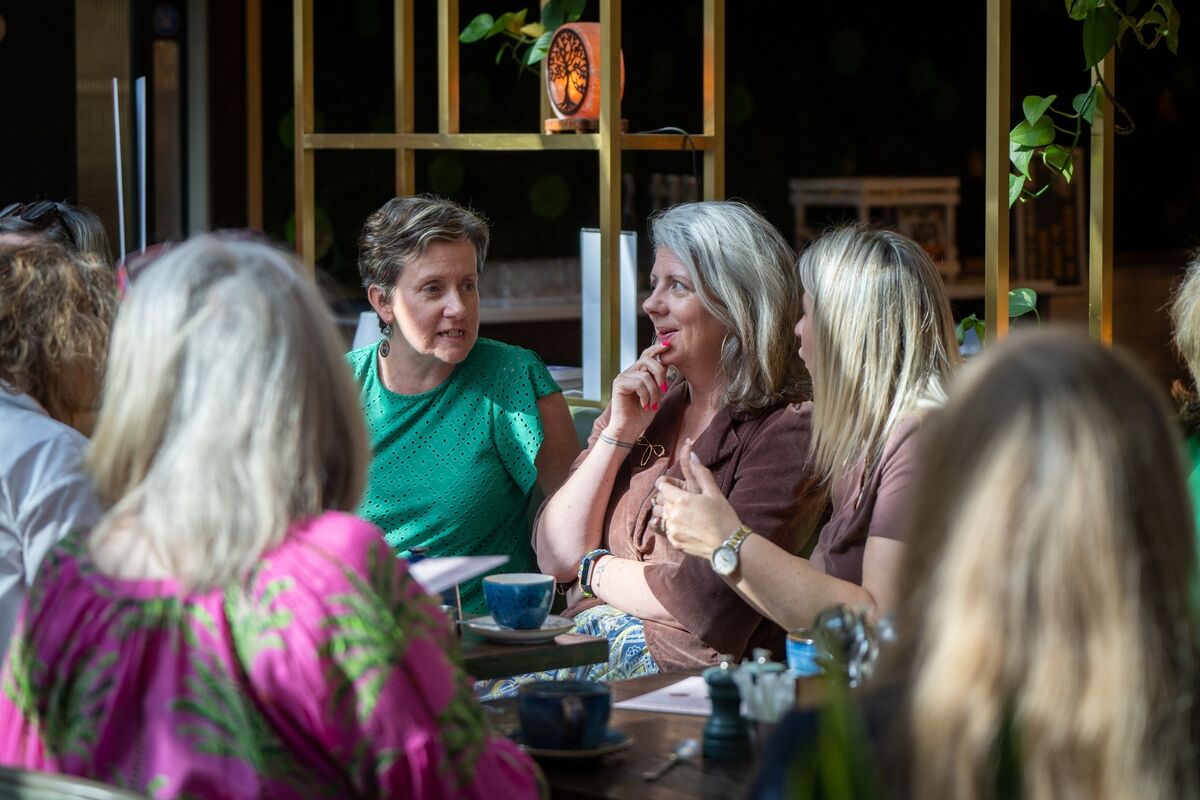
“I think if we can get a subsidy for going private, your health insurance will give you a certain amount, but if the government can give a subsidy for going private to offload it from the health service, that might be a good thing.”
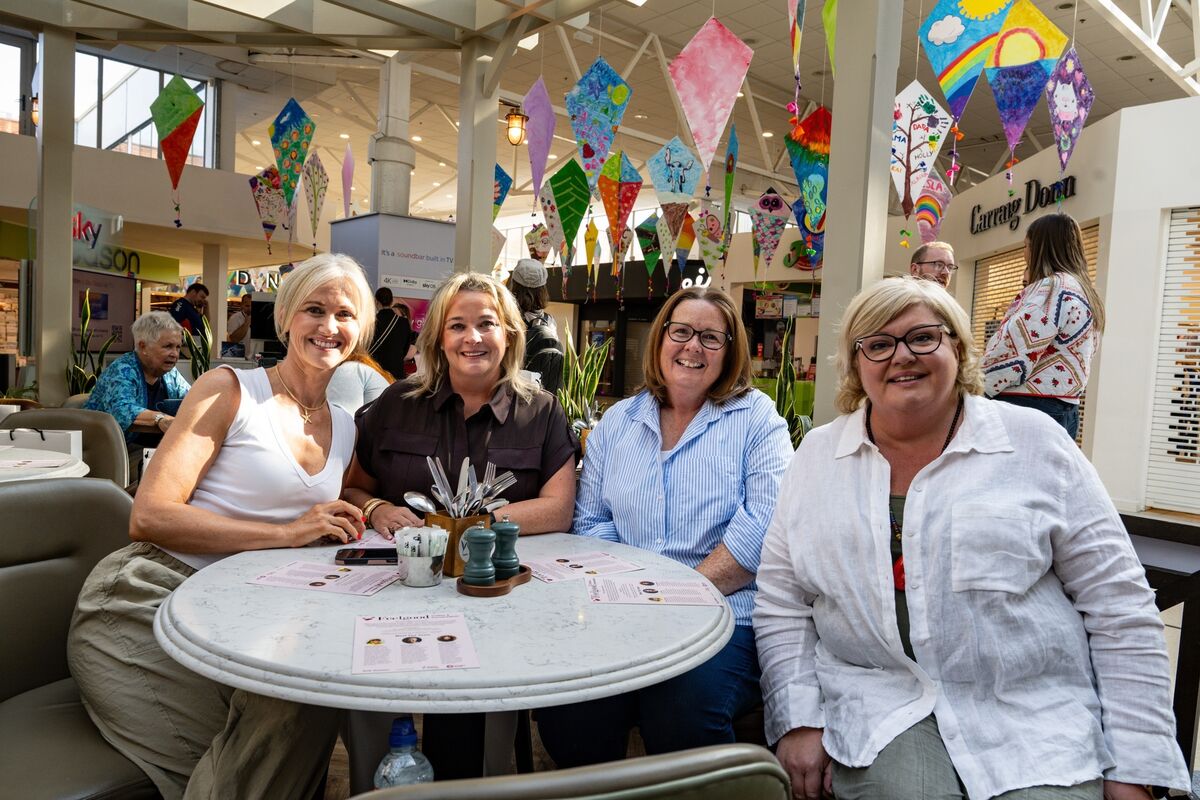
Feelgood editor Irene Feighan spoke at the event about the National Women's Survey, which was published on June 19.
More than 1,000 women were asked about their experience of the healthcare sector, from fertility to pregnancy and childbirth, to perimenopause and menopause.
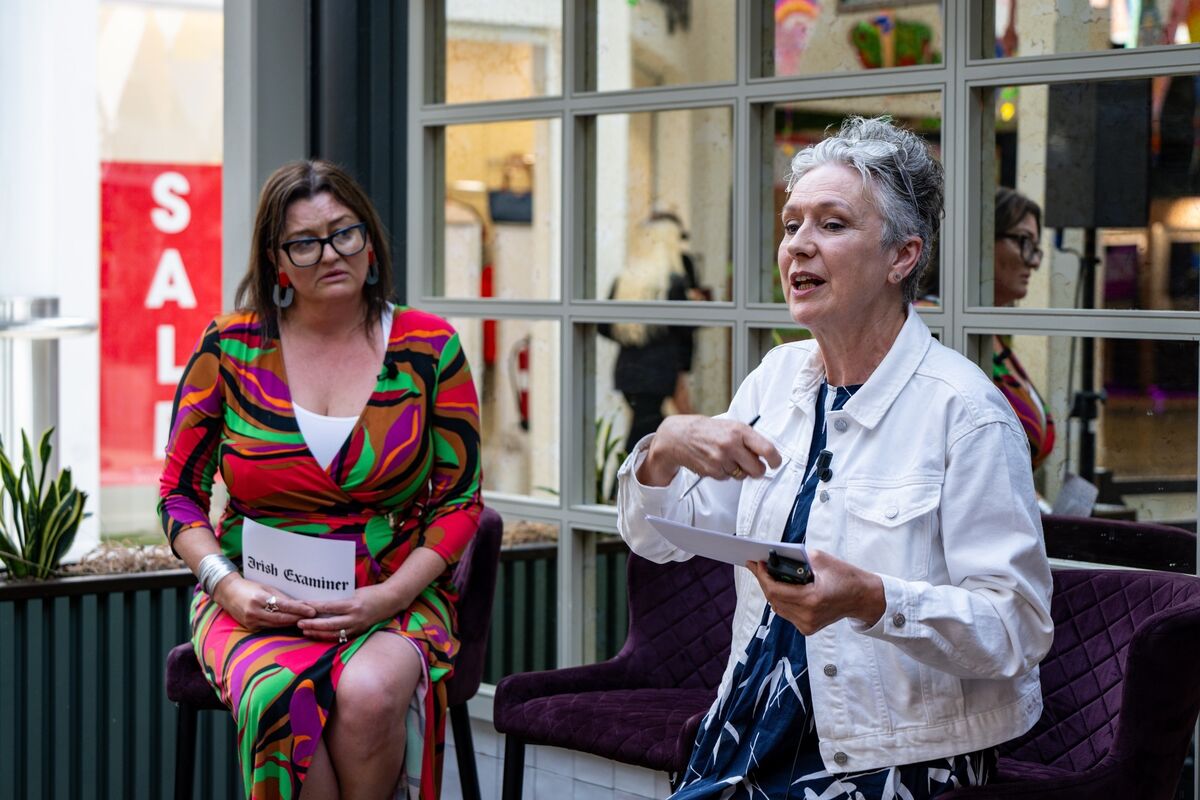
- The majority of women are taking responsibility for their health and actively seeking solutions to their concerns
- Women are increasingly embracing science, whether it's for in vitro fertilisation (IVF), egg freezing, hormonal changes, or weight management
- One in five experienced fertility issues, 80% sought advice, 52% considered fertility treatment, and one in three went on to get fertility treatment
- One in four will delay having children until they reach financial goals
- 35% said they were not in a financial position to have a child or another child
- Three in 10 would consider egg freezing
- One in four women have had a miscarriage, with miscarriage supports deemed very poor
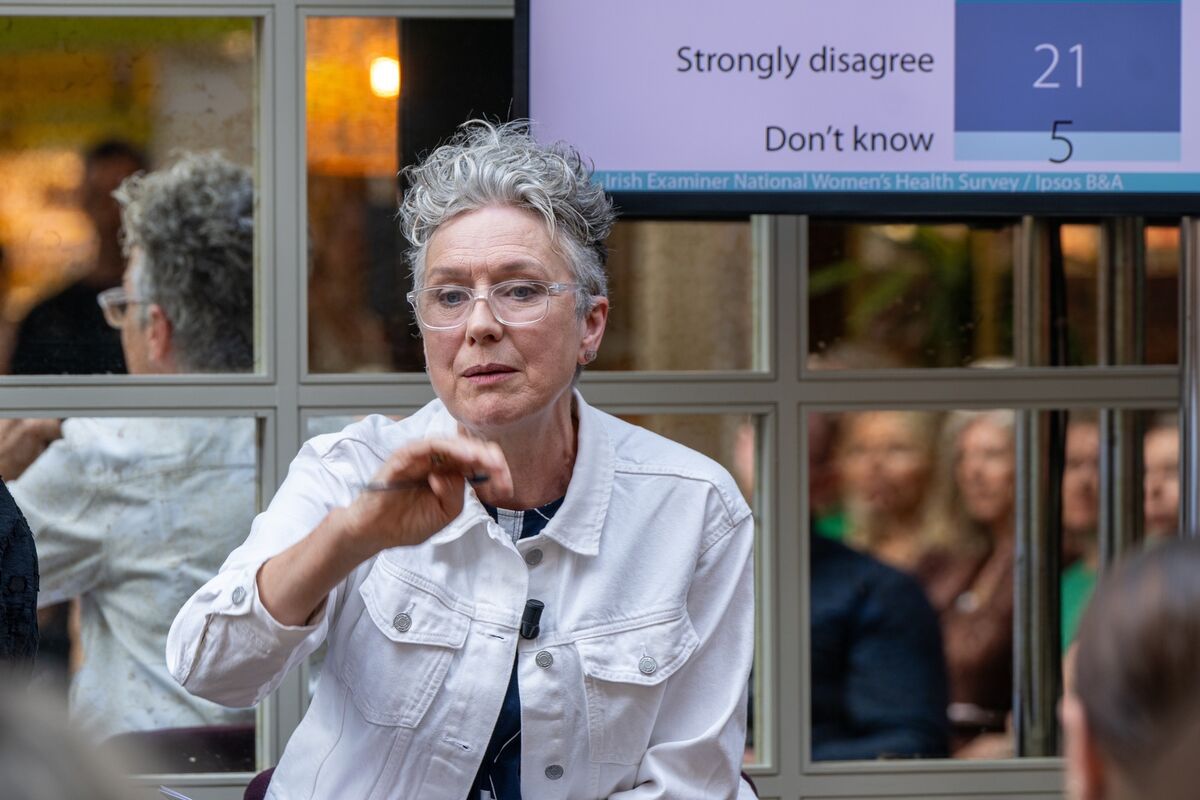
The survey also found that about 80% of women experience menopausal symptoms, while 20% don’t. Of those who do, approximately one-third experience severe symptoms. One in five said professionals' understanding of hormonal issues was poor, and almost the same number criticised the quality of care received.
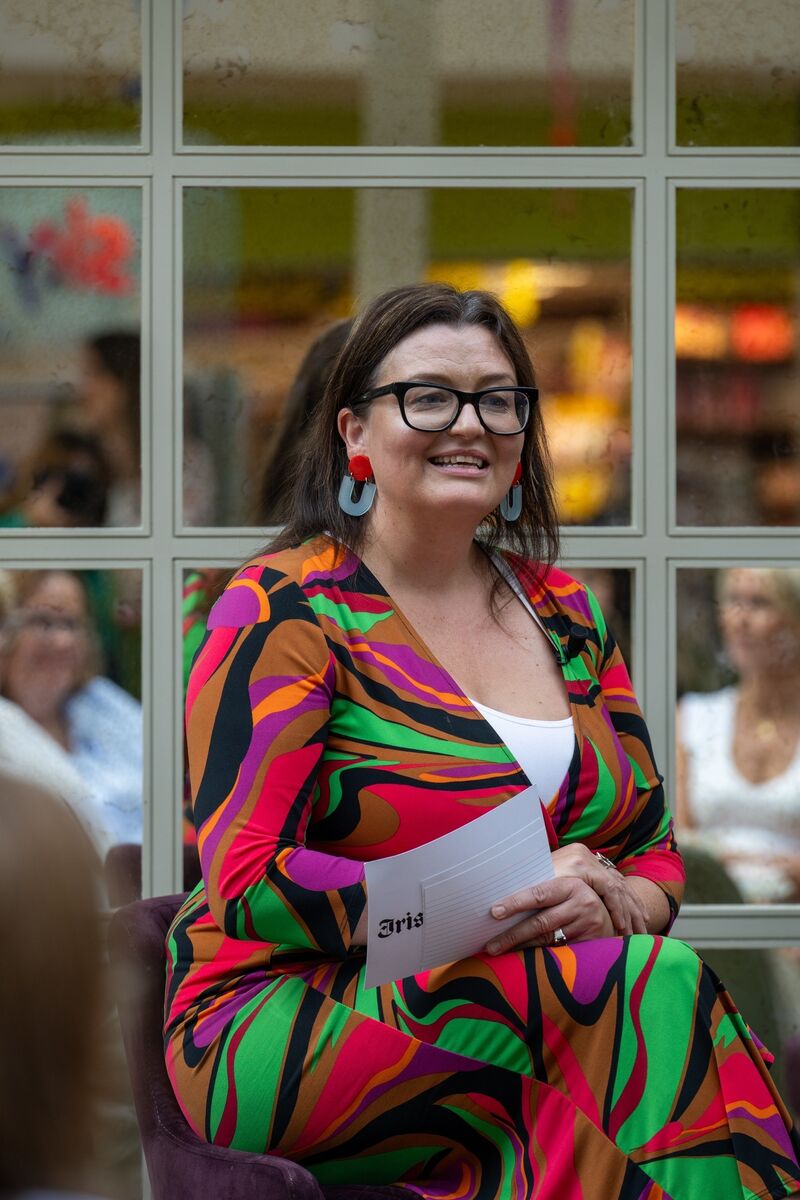
“Feminists were right to say biology is not destiny. But if we ignore women's biological realities — especially their health and reproductive needs — we risk failing them. When we invest in women’s health, everyone benefits — families, communities, and future generations,” Feighan said.
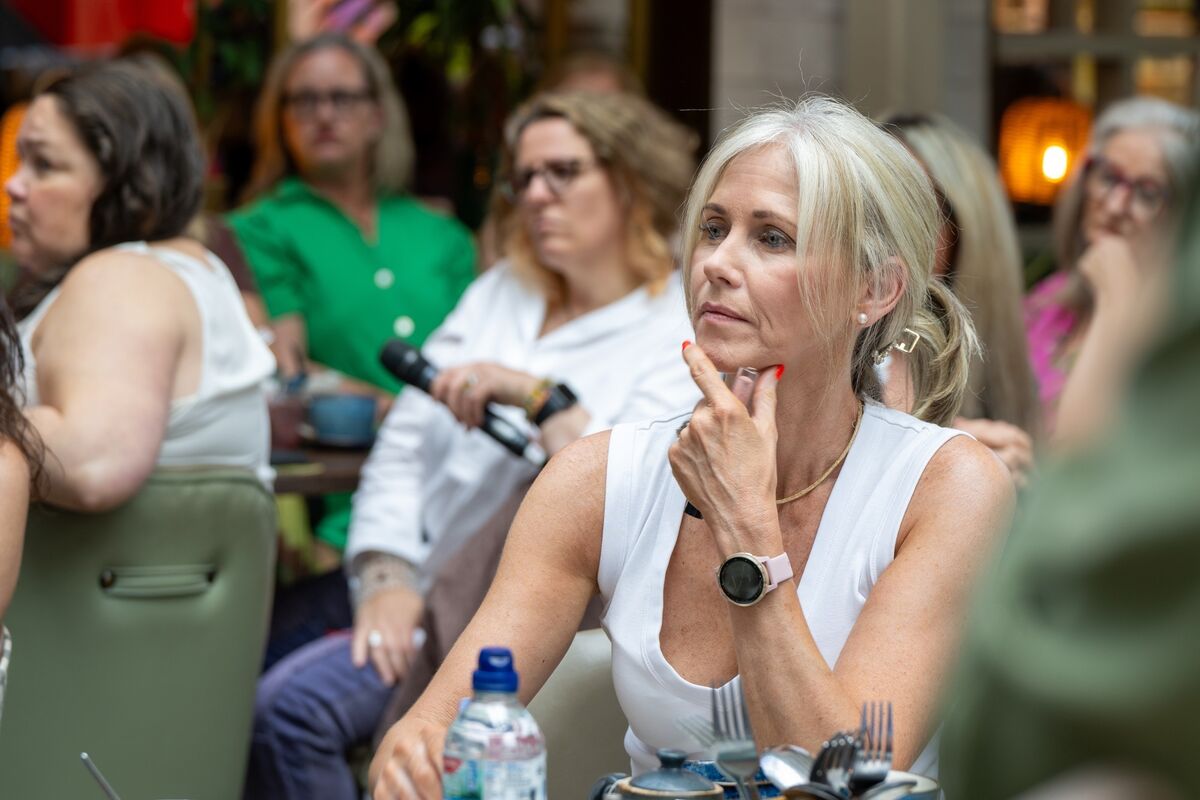
The event wrapped with a Q&A session with Irene Feighan and Shalini Wiseman, where those in attendance had the opportunity to have their questions relating to women’s health answered.
